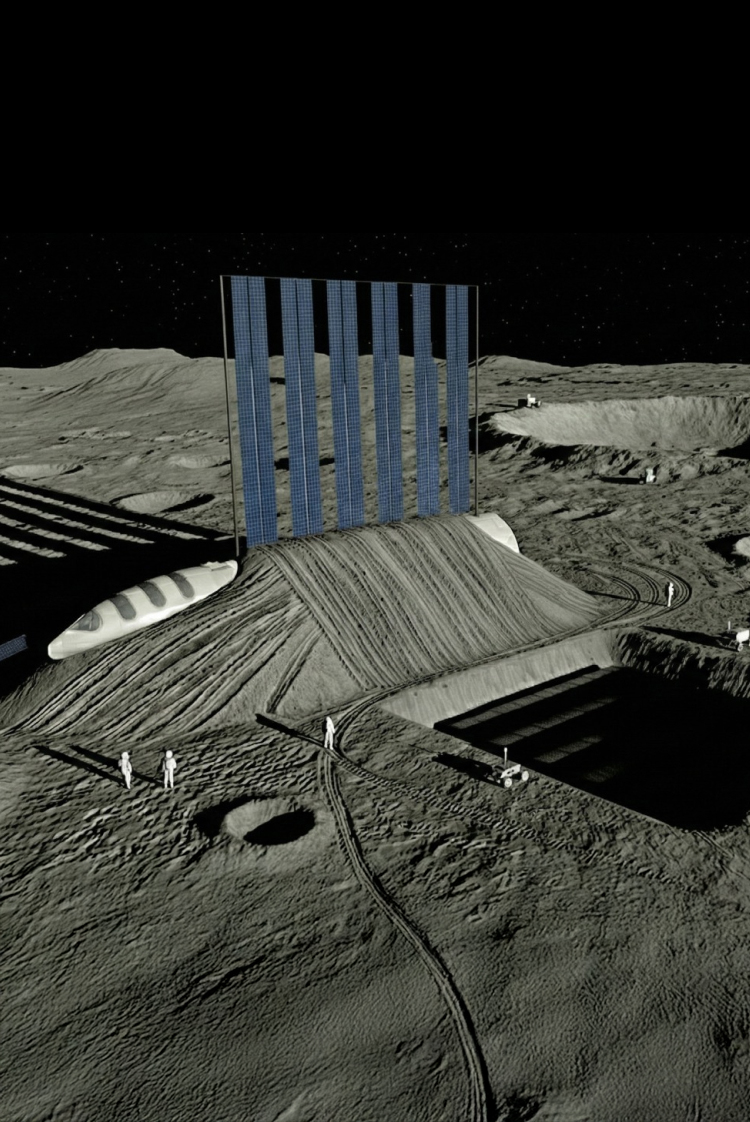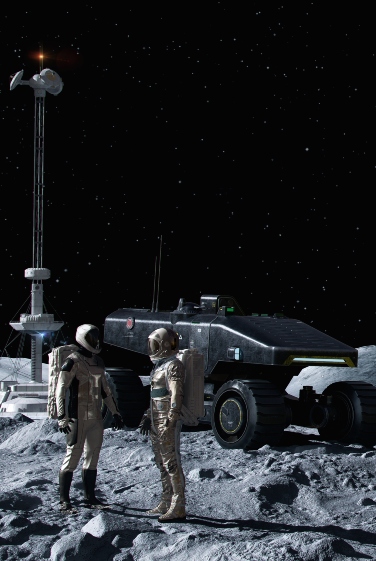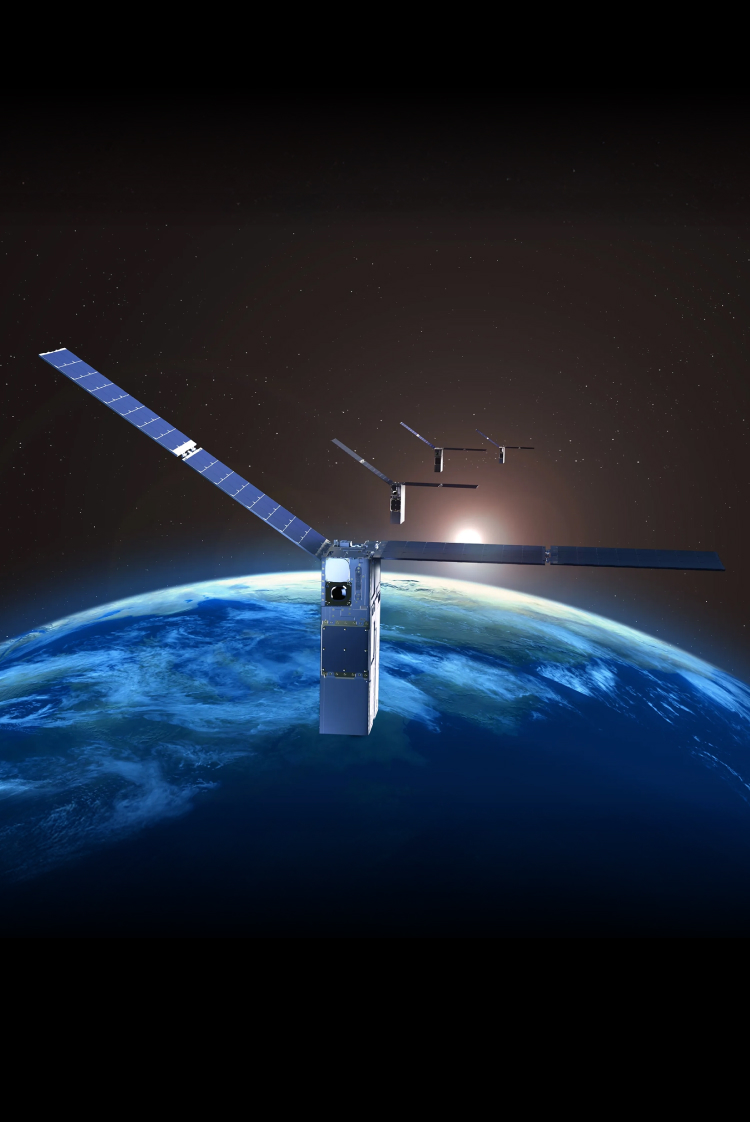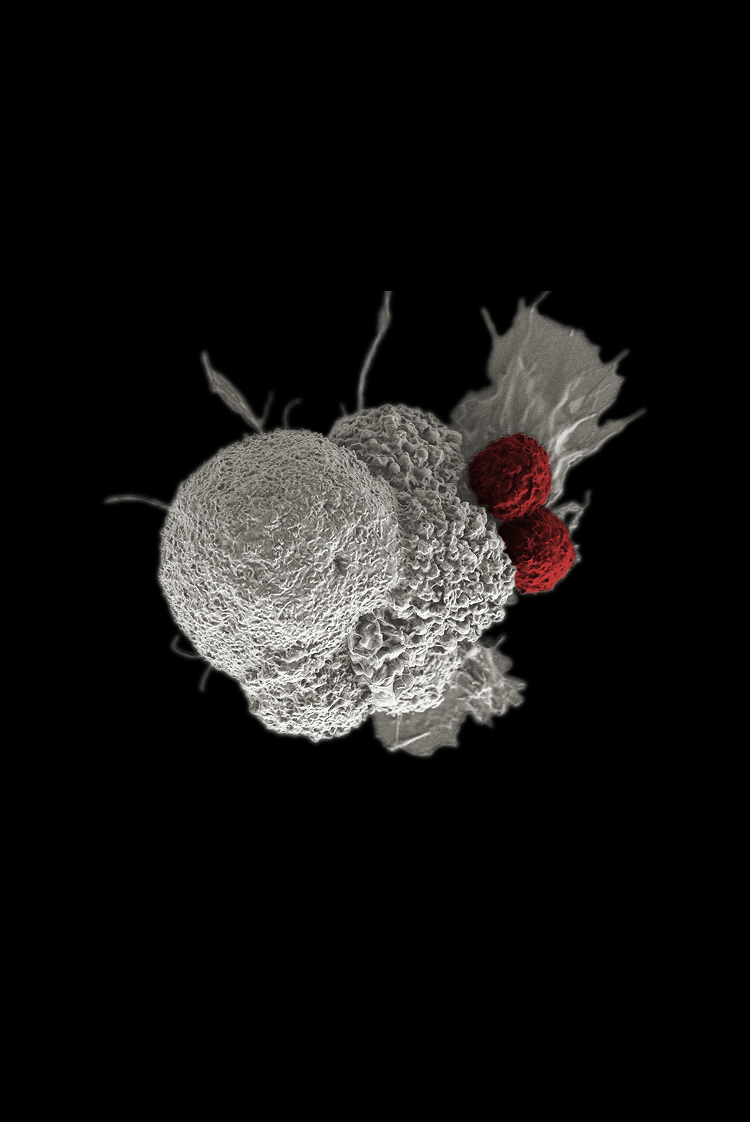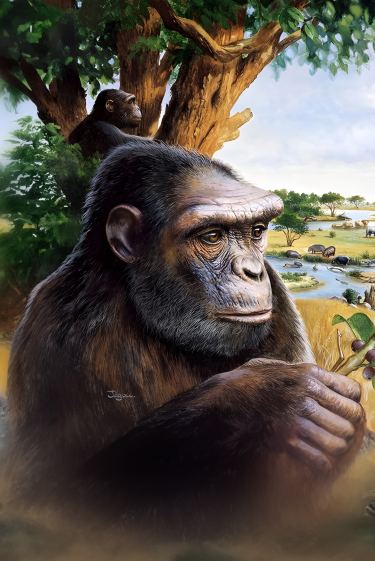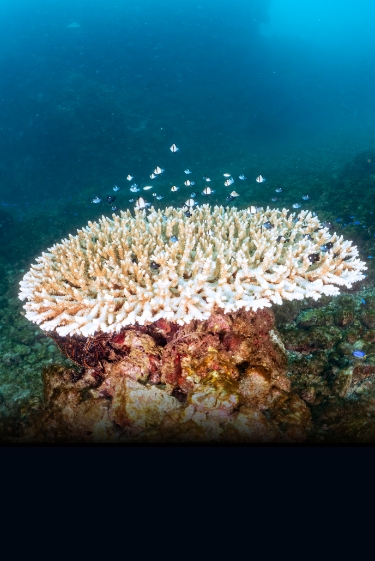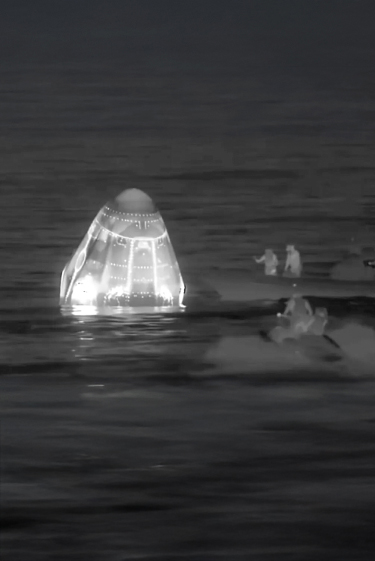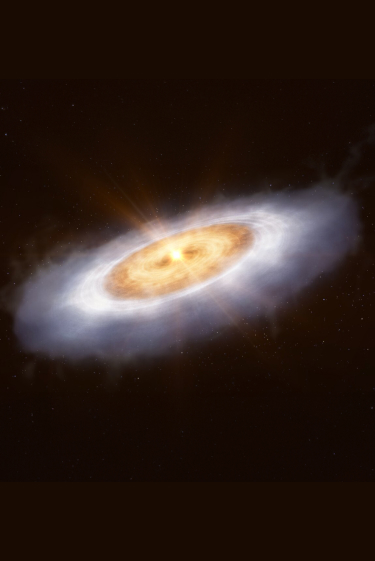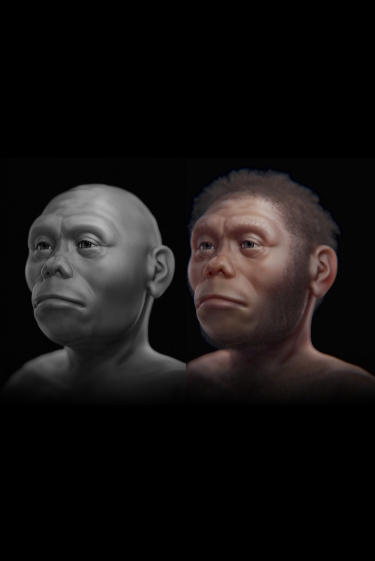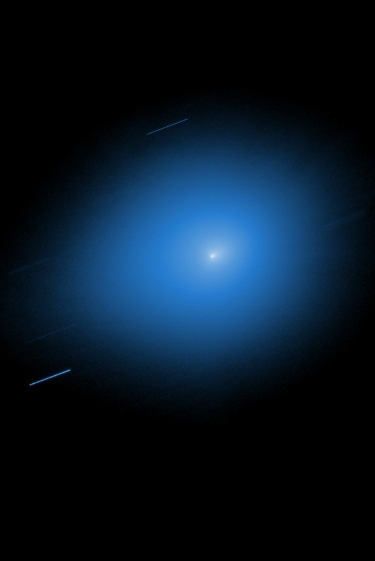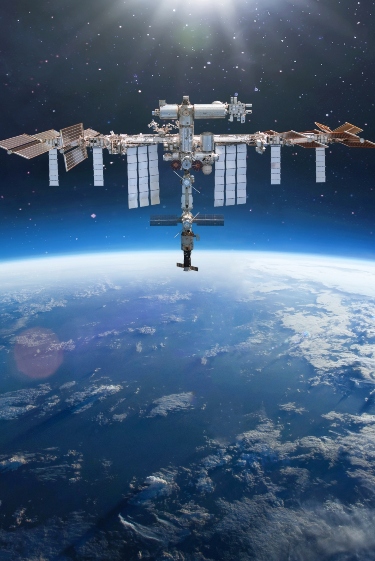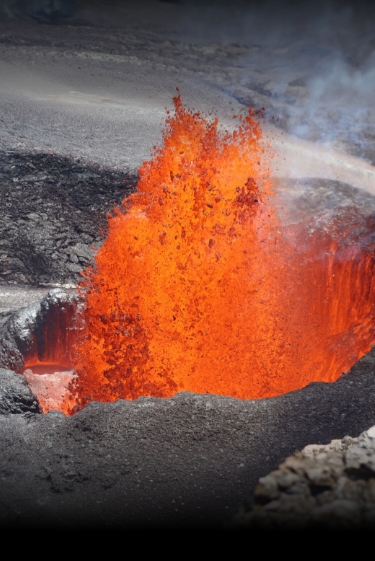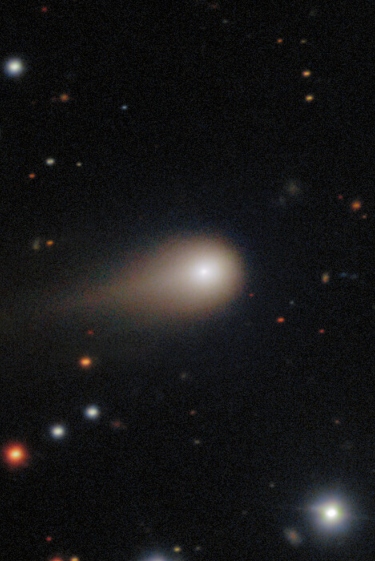Science news
Skating on Ice: A Physics Mystery
Sometimes physics struggles to provide clear answers to questions that seem simple. One of these questions is why ice is slippery. Although humans have been slipping on ice for many years, scientists still haven’t agreed on a single theory that fully explains why. A new study offers a potential answer.
A Launch Stand-Down and a Million-Satellite Plan: This Week in Space
Falcon 9 launches were suspended after a rare anomaly; SpaceX is merging and seeking approval to deploy one million satellites; an Israeli partnership with the International Space University, and a small victory for darkness. This Week in Space
Retirement, a Landing, and a Solar Eruption: Space News Roundup
A veteran astronaut retires from NASA, a cracked spacecraft landed safely, a major military space-debris removal effort takes shape—and what’s the connection between solar eruptions and avalanches? Space News Roundup
Medical Evacuation From Space Completed Successfully
In a first for the ISS era, NASA cut short Crew 11’s mission after a medical issue onboard. The four astronauts rode SpaceX’s Dragon back to Earth, splashing down safely off the California coast more than a month ahead of schedule.
Moon Promises and Planet Births: Space News Roundup
NASA’s new chief promises to land humans on the Moon within three years; mice that returned from space have produced healthy offspring; European Space Agency’s computer systems have been breached; and rare documentation of planet formation. Space Highlights.
Did a Drying Climate Doom the Hobbits?
The small-bodied ancient humans nicknamed “hobbits” lived on the island of Flores until they disappeared around 50,000 years ago. A new study points to a possible cause of their extinction: climate change that reduced rainfall and dried up freshwater sources
New NASA Administrator and an Enigmatic Cosmic Blast: This Week in Space
A private astronaut has been appointed to lead the U.S. space agency, an interstellar comet is making a close pass, a Mars orbiter is in trouble, and astronomers may have spotted a new kind of cosmic event. This Week in Space
Israeli Startups and No Room to Dock: This Week in Space
The Israeli startup accelerator in Mitzpe Ramon launches its third cohort; the ISS faces new concerns after damage at a Russian launch pad, yet all docking ports are fully occupied; and China moves closer to reusable-rocket success. This Week in Space.
The Moss That Survived in Space: This Week in Space
A new crew arrived at the International Space Station, China restores its escape-capable spacecraft, a Starship test ends in an accident, South Korea achieves a milestone launch and moss biology delivers surprising results in space. This Week in Space
The Core Gold Rush: What Hawaiian Lava Reveals About Earth’s Deepest Secrets
Igneous rocks allow researchers to uncover the secrets of Earth’s core, and the findings are intriguing: it turns out that gold and other heavy metals can rise from deep within the planet all the way to the surface.
A Comet from Another Solar System and Two Rescue Missions: This Week in Space
NASA releases new images of a comet from beyond the solar system, new research questions the New Space revolution, and rescue missions target Chinese astronauts and an American space telescope. This Week in Space.
Solar Storms and a Mars-Bound Launch: This Week in Space
Blue Origin successfully launched a mission to Mars — despite solar storms that lit up the aurora as far south as the U.S. Deep South. China sets new launch records, and astronomers uncover unusual planets in a distant star system. This Week in Space
